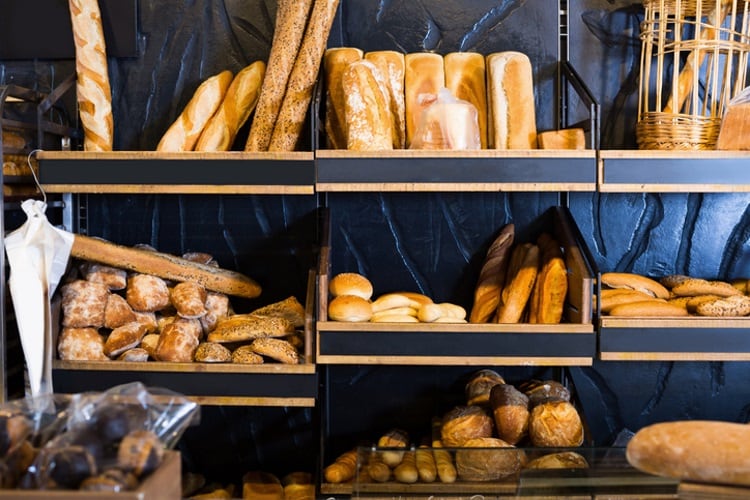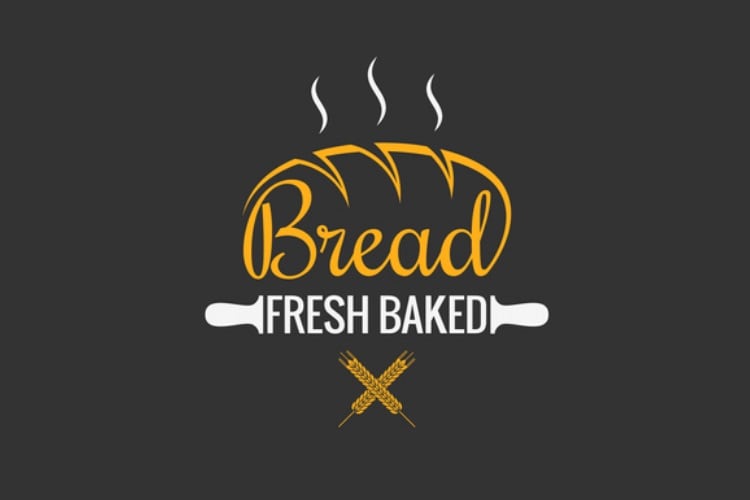Royal Decree 308/2019 – popularly known as ‘the Bread Law,’ which was passed in April – aims to create a framework of quality regarding the production of bread, adapting the regulations to the current demands of the market and giving greater security to the consumer by addressing the definitions of bread according to its ingredients.
Definitions
Until now, bread labeled ‘wholemeal’ often contained only a small portion of wholemeal flour – typically refined white flour with a small addition of wheat bran – and agents like malt to give it the golden color.
Now, the government has decreed that ‘wholemeal’ bread can only be given this distinction if whole wheat germ makes up a significant part of the content.
It similarly affects the definition of ‘sourdough’ bread.
Most of the bread produced in Spain does not use natural sourdough as the main agent of fermentation. However, to be labeled as such now, the portion of sourdough must not be below 15% of the total weight and cannot have more than 0.2% of industrial yeast. In addition, fermentation must take at least 15 hours.
Artisanal is defined as bread in which the human factor plays a more important role in the production than mechanically, carried out under the direction of a master baker, and whose production is not done in bulk.
Multicereal bread falls into the category of special breads that contain three or more different flours, of which at least two come from cereals.
The law also affects the labeling of pita breads, tortillas, picos (breadsticks that look like miniature baguettes) and regañás (small bread slices made with extra virgin olive oil, typical of Andalusia).
The law also decrees that everyday bread must contain 1.31g of salt per 100g of flour, and may not be sold more than 24 hours after it is made. The sodium limit will be mandatory from April 2022.
Closing the loopholes
The new Bread Law replaces a 1984 law that essentially allowed bread to be sold under labels that bore little resemblance to what they actually contained.
As a result, the IVA (value-added tax) on ‘wholemeal’ bread will be dropped from 10% to the lowest band of 4%, along with white bread, which is considered a staple.
In practice, the VAT reduction will only decrease the price of bread by a few cents for customers, however, in the long term, it will mean more will afford to justify buying more nutritious breads high in fiber.
The change affects packaged bread sold in supermarkets as well as homemade loaves sold in bakeries and coffee shops. It is not yet clear how compliance will be guaranteed.



